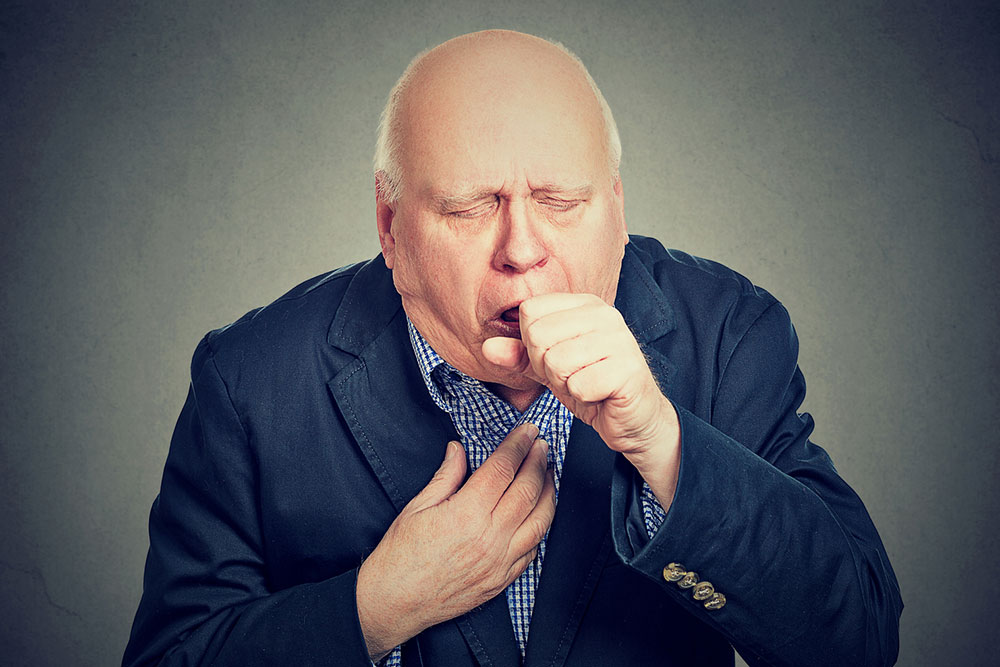Understanding Critical Symptoms of Severe Asthma in Adults
This article explains the critical symptoms of severe asthma in adults, including difficulties in breathing, speech, and muscle tightness during attacks. It discusses causes, differences from controlled asthma, and warning signs like bluish skin. Emphasizing the importance of proper management, regular medical consultation, and emergency preparedness, it aims to educate readers on recognizing and responding to severe asthma episodes for better health outcomes.

Understanding Critical Symptoms of Severe Asthma in Adults
Severe asthma in grown-ups can make breathing feel like a constant struggle, often underestimated until it becomes difficult. This respiratory disorder affects the airways extending from the lungs through the nose and mouth, leading to muscle tightening around the air passages. This constriction makes inhalation and exhalation challenging, potentially making speech difficult during flare-ups.
Why do some adults with severe asthma struggle to speak fully?
Severe asthma impairs not only inhalation but also hampers the capacity to exhale effectively.
This results in slower speech and frequent pauses for breath, especially during attacks when airways are significantly narrowed.
Such episodes can cause speaking to become excessively laborious due to airway constriction.
Triggers and causes of severe asthma symptoms in adults
Infrequent consultation with healthcare providers may lead to unmanaged asthma progressing into a severe form.
Repeated exposure to asthma triggers or allergens can worsen symptoms.
Neglecting to use prescribed inhalers and peak flow meters as advised increases the risk of severe episodes.
Overall, severe asthma differs from difficult-to-control asthma; approximately 5% of asthma patients face severe episodes, whereas around 12% experience difficulty in controlling symptoms despite treatment.
Managing severe asthma requires ongoing medical care, self-care, and appropriate medication to keep symptoms in check.
Why do severe asthma patients experience chest tightness or shortness of breath even when sitting?
While resting usually reduces oxygen needs, severe asthma can cause persistent airway constriction that doesn’t ease with inactivity, especially when triggers are present.
Muscle tightening around airways can create a sensation of chest tightness, caused by reactions to allergens or irritants.
Why might severe asthma cause bluish skin?
Low oxygen levels from airway obstruction may cause the skin to develop a bluish tint, especially noticeable on lips, nails, or around the eyes.
This cyanosis indicates insufficient oxygen in the bloodstream, requiring immediate medical attention.
Always keep your inhaler and medications handy if you have severe asthma. Regular monitoring and professional guidance are essential to prevent serious complications.










